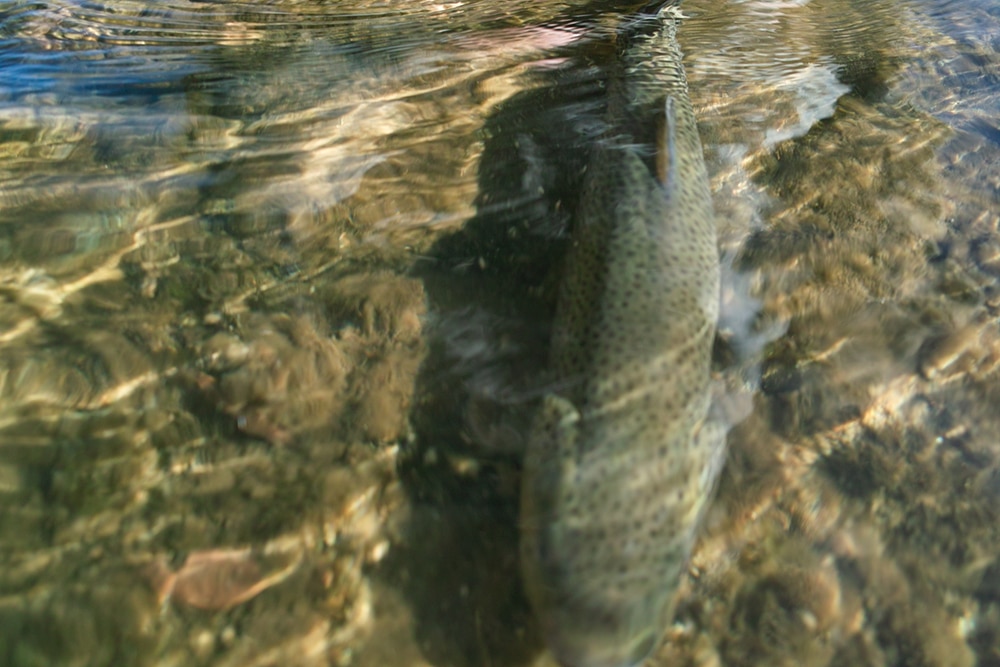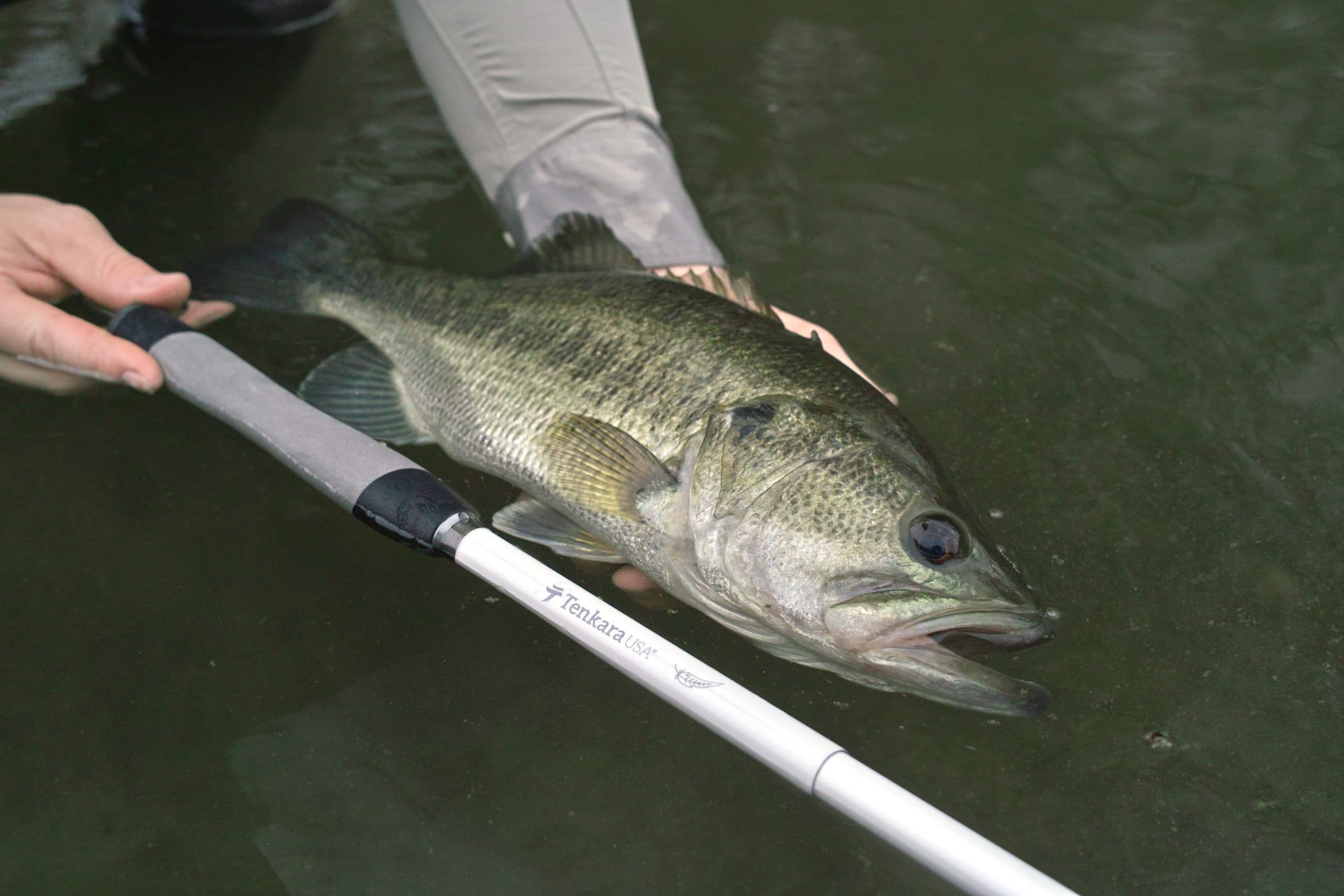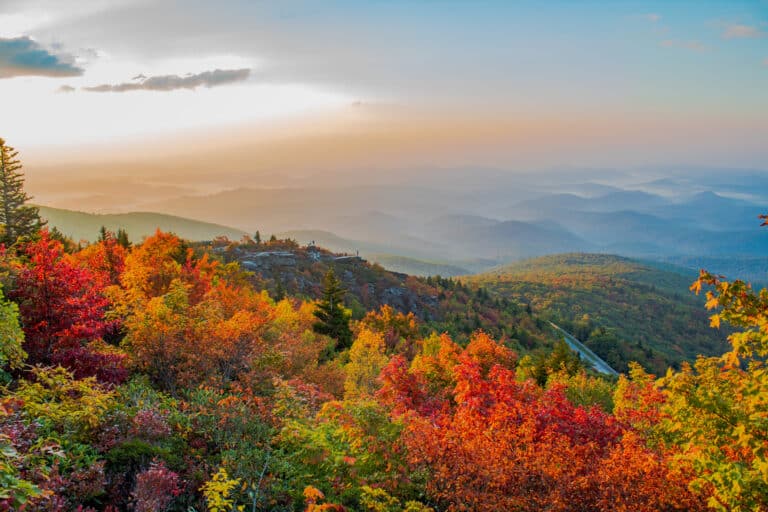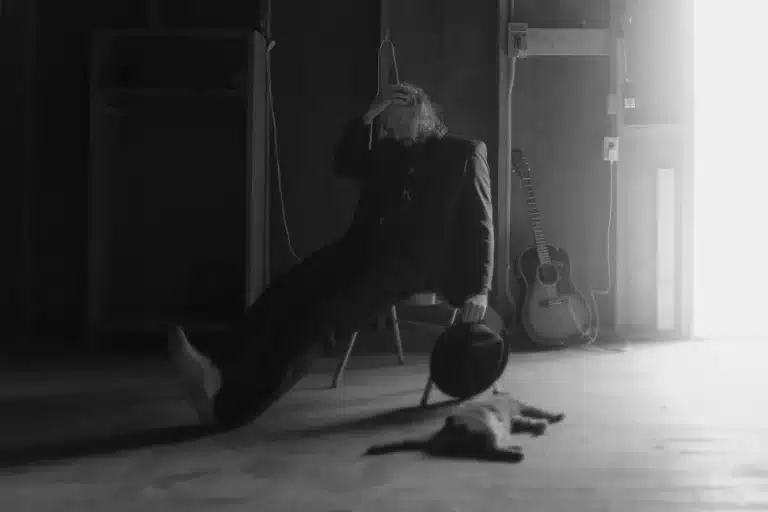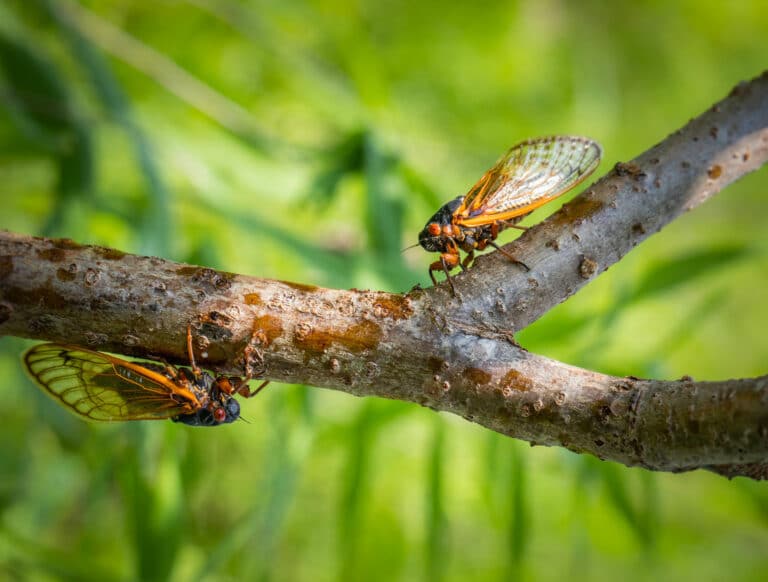An introduction to tenkara fly-fishing can start with the places you may already know: your campsite with a stream flowing through it, a lake on a family hike, or a mountain stream on backpacking trip. These places attract us and we want to connect with the water and the surrounding natural features. A simple and effective form of fly-fishing, tenkara, can connect us with the stream.
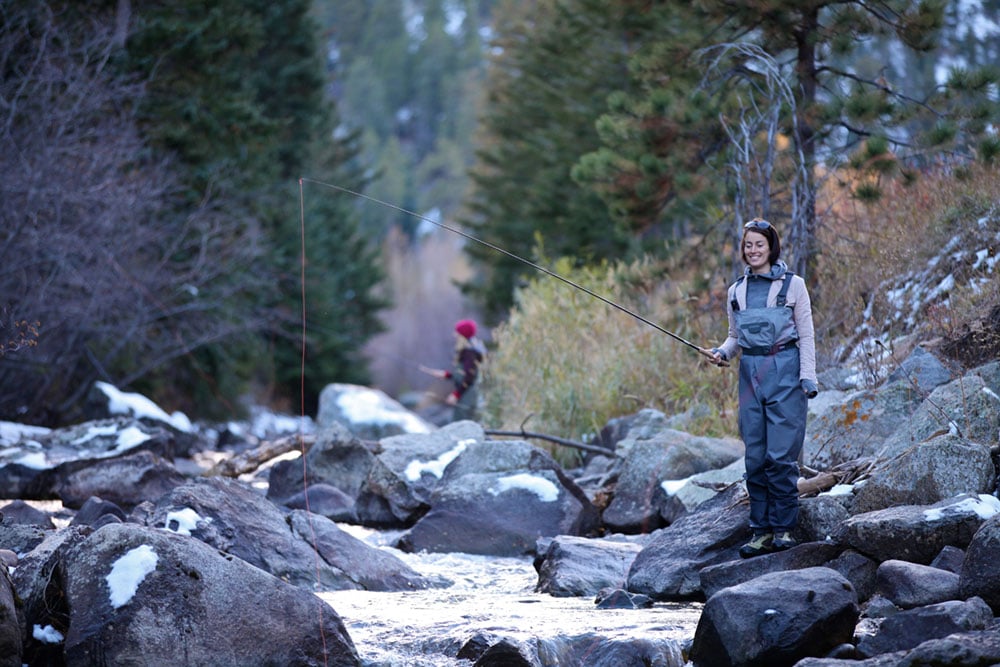
Tenkara history started in the mountain streams of Japan with professional anglers. The original tenkara fishermen likely realized they could try to imitate bugs with feathers, silk, etc. At that point they quickly realized the great efficiency of using these flies (kebari) to “harvest” the abundant Yamame in the mountain streams of Japan. As opposed to using bait a simple fly would take seconds to tie and could catch several fish before ever being replaced. The most commonly accepted meaning of tenkara is is “from heaven” or “from the skies”. However, the original meaning, and its origins are not known for certain. It’s thought that the word came about because of the way a fly softly lands on the water, and if looked from a fish point of view, it would be slowly descending “from the skies”.
With tenkara one uses only a rod, line and fly. A fixed length of line connects to the tip of the telescopic rod. Casting the fly to where you think the fish are is very quick to learn and intuitive. Landing the fish even more so. Learning tenkara is not intimidating, and kids pick it up especially quickly.
While tenkara originated in Japan, it was introduced in the US by Tenkara USA’s founder, Daniel Galhardo. Daniel discovered tenkara while researching the history and culture of fishing in Japan. In 2008, he visited Japan for his first time and saw tenkara in person. He returned to the US with a tenkara rod in his bag and started enjoying tenkara on backpacking trips. The method was simple and effective; yet, there was no information in English on tenkara. Daniel decided he wanted to share tenkara with people, it would make it easy for people to take-up fly-fishing and experienced anglers like himself were sure to enjoy its minimalist nature. Tenkara USA is a fully independent company, based in Boulder, Colorado and exists to share the tenkara story.
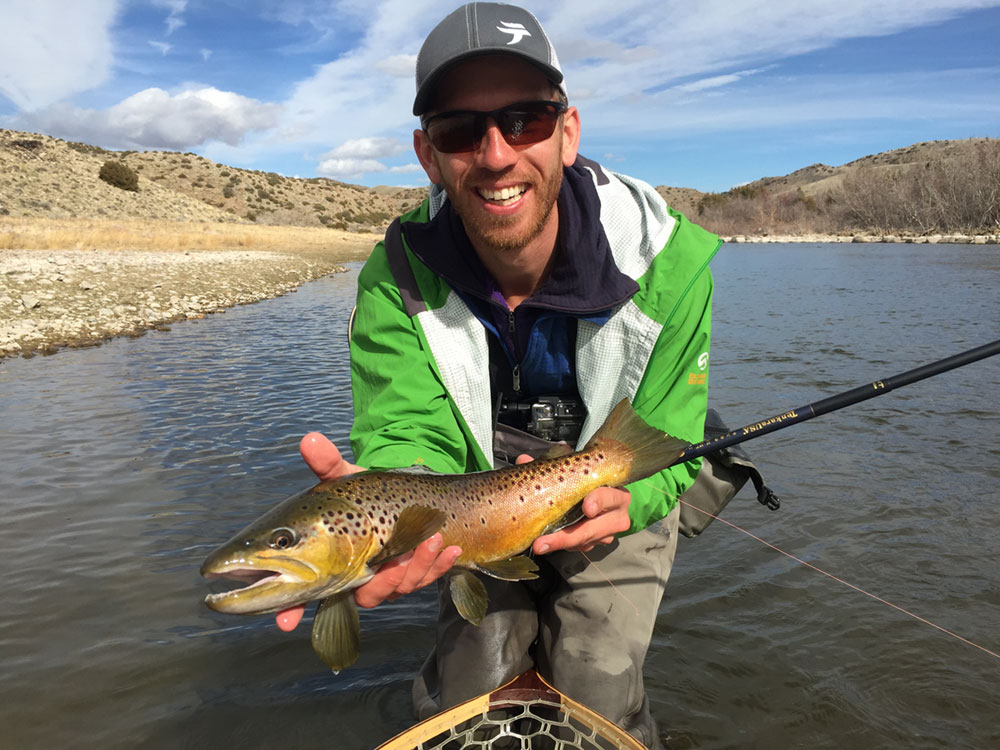
So, what is that story? Tenkara is simple and effective. Tenkara anglers enjoy the simplicity in the method but, simplicity wouldn’t mean much without it being effective. That effectiveness primarily stems from the ability to keep the line off the water at a long distance, with the fly on the other side of multiple currents and the line not being dragged by the currents. Furthermore, tenkara anglers primarily fish with a tight line as they present the fly, making it easy to hook and land a fish.
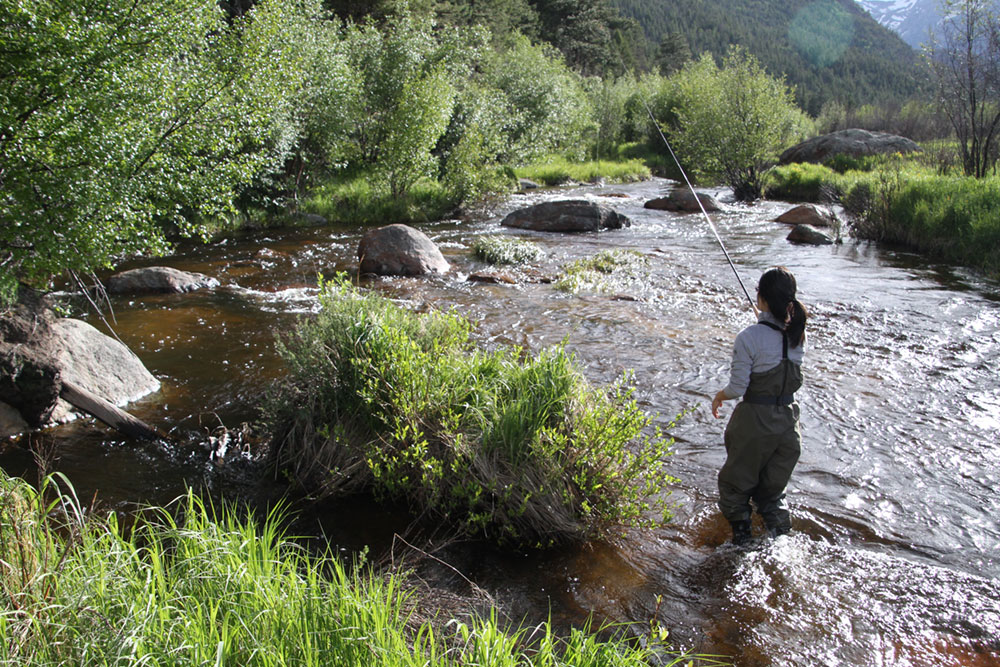
Tenkara is ultra-portable. With minimal equipment and rods that are ultra-portable, tenkara lends itself very well to taking along on adventures such as hiking, backpacking, packrafting and much more. Start looking for water on any adventure whether it’s your backyard or beyond and you’ll start to feel connected and curious about the fish and their environment. Learning how to read water is like exploring. Follow a stream (don’t get lost) and learn where the fish are.
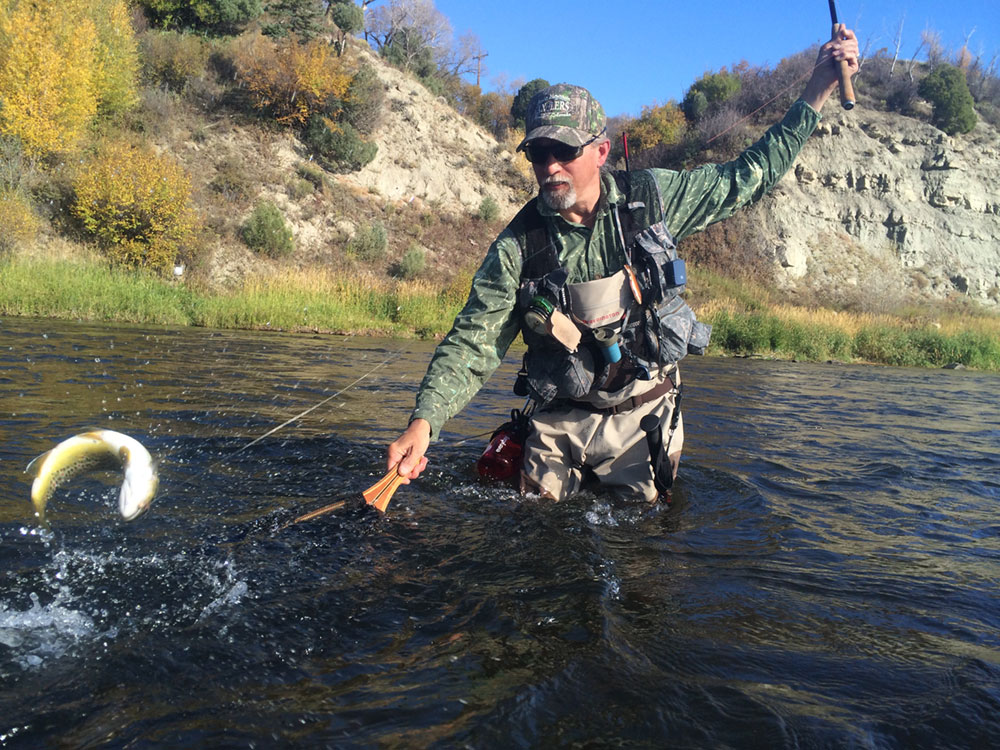
Just thinking about a wandering mountain stream makes me want to get my gear ready for adventure. Getting geared up with tenkara is also simple. Remember, it’s just a rod, line and fly. Your tenkara setup will be more cost effective than a traditional western fly-fishing setup because, well, it’s just less equipment. Tenkara USA has an intro video series to get you started. Select a rod and grab a kit and start exploring.
When you start exploring, no doubt you’ll want to go further. Learn about different areas and find some good tips on the Tenkara USA blog. And if you can’t wait for spring, you can try your hand at winter tenkara fishing. Exploring further and connecting with water leads to conversation and care for our rivers. There may be a local stream cleanup in your area, or you can cleanup an area on your own. This is part of the tenkara story and we can’t wait to hear about your tenkara experiences.
